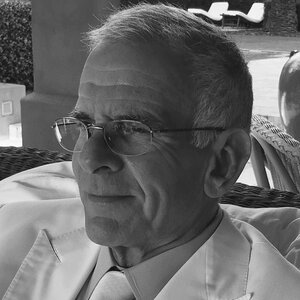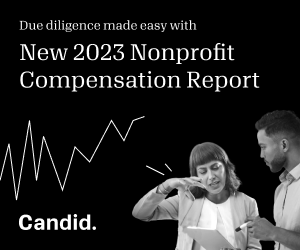Supporting creative youth development as systems change work

In her recent blog post announcing $2.7 billion in commitments to equity-oriented nonprofits across the country, philanthropist MacKenzie Scott writes: "Arts and cultural institutions can strengthen communities by transforming spaces, fostering empathy, reflecting community identity, advancing economic mobility, improving academic outcomes, lowering crime rates, and improving mental health."
Scott explains that in selecting arts organizations to support, she and her team evaluated smaller arts organizations that are creating those benefits with artists and audiences from culturally rich regions to identity groups that donors often overlook. She also highlights her support for organizations working to address discrimination against ethnic and religious minorities and bridge divides through interfaith support and collaboration and organizations focused on supporting community engagement — historically underfunded groups whose leaders nonetheless inspire more people to serve.
As a longtime arts philanthropist, reading Ms. Scott's post, I couldn't help but recognize the work she was describing as systems change — a vision my organization, the Lewis Prize for Music, has set for itself. With my philanthropy, I've become intentionally focused on efforts that put youth music at the forefront of systems change. In my local community, we've built trust and relationships among nonprofits, Miami-Dade County Public Schools, and the Miami Foundation to collaborate for the benefit of all young people through the Music Access Miami initiative. Nationally, I work with a talented board, staff, and diverse advisors at the Lewis Prize to invest in creative youth development (CYD) music organizations that put young people and their talent at the heart of equitable systems change.
A third of the arts grants Scott and her husband, Dan Jewett, awarded in June went to CYD organizations, including twenty that previously received grants from the Lewis Prize. Scott's and Jewett's acknowledgement of so many CYD organizations across the country further underscores CYD as an artistic practice with great potential to positively influence systems change.
To foster that potential, I changed my focus to CYD in 2018 to help provide universal access to musical learning, creating, and performing opportunities — after investing $20 million in orchestras for nearly twenty years — and committed $20 million over five years through the Lewis Prize as well as on a similar scale locally. I now believe that supporting CYD has a greater societal upside that will lead to improvements in our communities.
The CYD field models systems change by incorporating young people into decision-making processes, giving young people tools with which to express themselves, and being deeply connected to local culture. CYD's attentiveness to the holistic needs of young people, including their social, material, physical, emotional, and educational well-being, makes the field a natural initiator of positive change in other youth-oriented systems.
Witnessing the work of our grantees and awardees, we've found there is a connection between the high-level strategies of working for decarceration, racial justice, and gender justice alongside on-the-ground responsiveness to issues of food security, housing security, mental health, and education.
From surveying two hundred and eighty CYD organizations in our network, we learned that CYD organizations moving toward systemic change tend to the whole lives, needs, and requests of young people and their communities. Eighty percent of survey respondents provided direct services to youth and families before the pandemic — a number that grew to 86 percent at the height of the pandemic. Importantly, our survey found that Black, Indigenous, and people of color-led CYD organizations work in this and other arenas of systems change at rates substantially higher than those with white leaders.
During the past year and a half, CYD organizations nimbly adapted to the impacts of COVID-19 and the racial justice movement. They committed to deepening their relationships with student musicians, adapted their offerings to remote learning, provided devices and connectivity where other systems failed, often secured food for students and their families, and worked to keep their teaching artists employed.
While the pandemic magnified the already apparent need for young people to develop artistic and employable media arts skills, calls for racial justice showed the imperative for adults to provide movement-building support and guidance to young people. The CYD field has simultaneously addressed both of these needs.
Systems change work is intrinsic to CYD, and the holistic approach of CYD is itself systems change. I ask mayors, school superintendents, nonprofit leaders, and philanthropists nationally to recognize creative youth development as an essential resource to help guarantee all young people thrive. Seek out the CYD music, dance, art, theater, and media programs in your community. Include them and their young people in the development and deployment of civic solutions. Partner with them to ensure access to creative economy jobs for all youth. Join me and many other philanthropists as we deepen our learning about the complexities of this remarkable field so that today's investments and positive outcomes are dwarfed by those of tomorrow.
Daniel R. Lewis is founder and chair of the Lewis Prize for Music.





